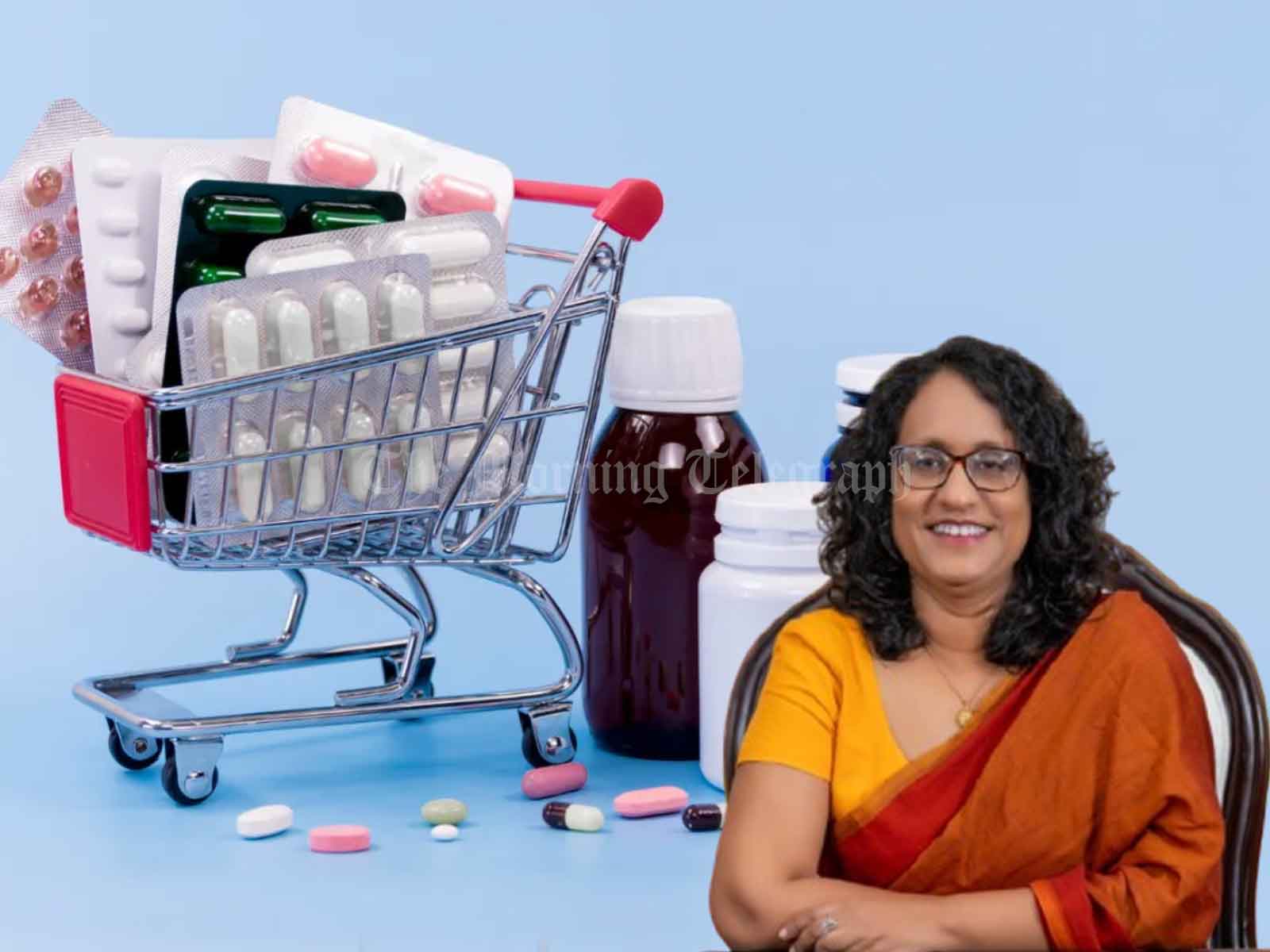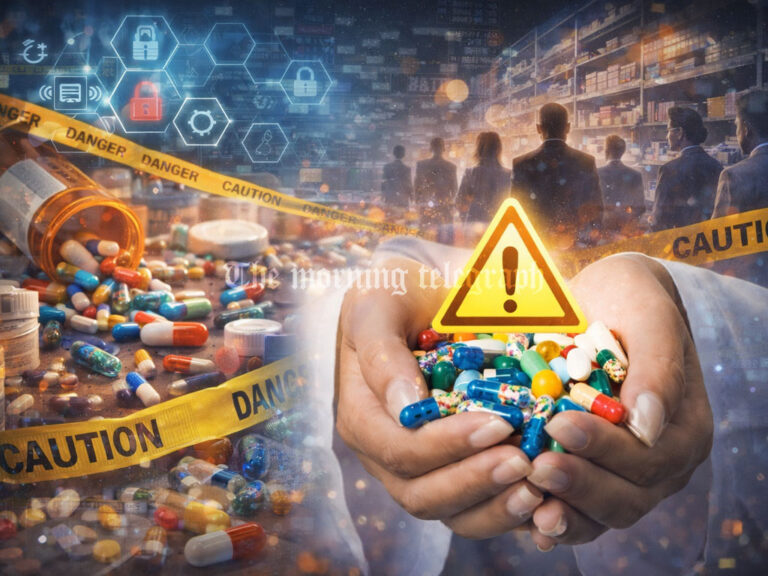
A looming crisis in Sri Lanka’s healthcare system may lead to a shortage of essential medicines in 2025, following the rejection of a cabinet paper submitted by Health Minister Harini Amarasuriya. The proposal, which sought approval to procure 305 types of medicines from local manufacturers, has now been rejected twice, raising alarms about the availability of vital drugs next year.
Dr. G. Wijesuriya, Deputy Director General of the Medical Supply Division of the Ministry of Health, warned that unless the procurement process is approved and expedited, Sri Lanka could face significant medicine shortages by January 2025. He explained that the Ministry was seeking to expand the pool of local manufacturers, including new suppliers, in an effort to diversify its sources of essential medicines. This decision has caused complications, as established manufacturers have expressed concerns over the lack of bulk orders, which are necessary to meet demand in the upcoming year.
The rejection of the cabinet paper has created uncertainty, with manufacturers stating that without sufficient lead time and bulk orders, they will not be able to deliver medicines by early 2025. Despite this, the Ministry of Health has not yet taken action to revert to the previous procurement method or consider alternatives to ensure an uninterrupted supply of medicines.
Health Minister Harini Amarasuriya’s efforts to push for new local suppliers were seen as an attempt to encourage competition and strengthen the local pharmaceutical industry. However, the delays in approving the procurement plan have now put the nation’s healthcare system at risk. With no immediate solution in sight, the Ministry faces increasing pressure to address the issue before it escalates into a full-blown healthcare crisis.
The potential shortage of medicines could have severe consequences for patients across Sri Lanka, particularly those reliant on continuous treatments for chronic conditions. The government’s next steps will be crucial in preventing a shortage and ensuring the availability of essential medicines in 2025.




